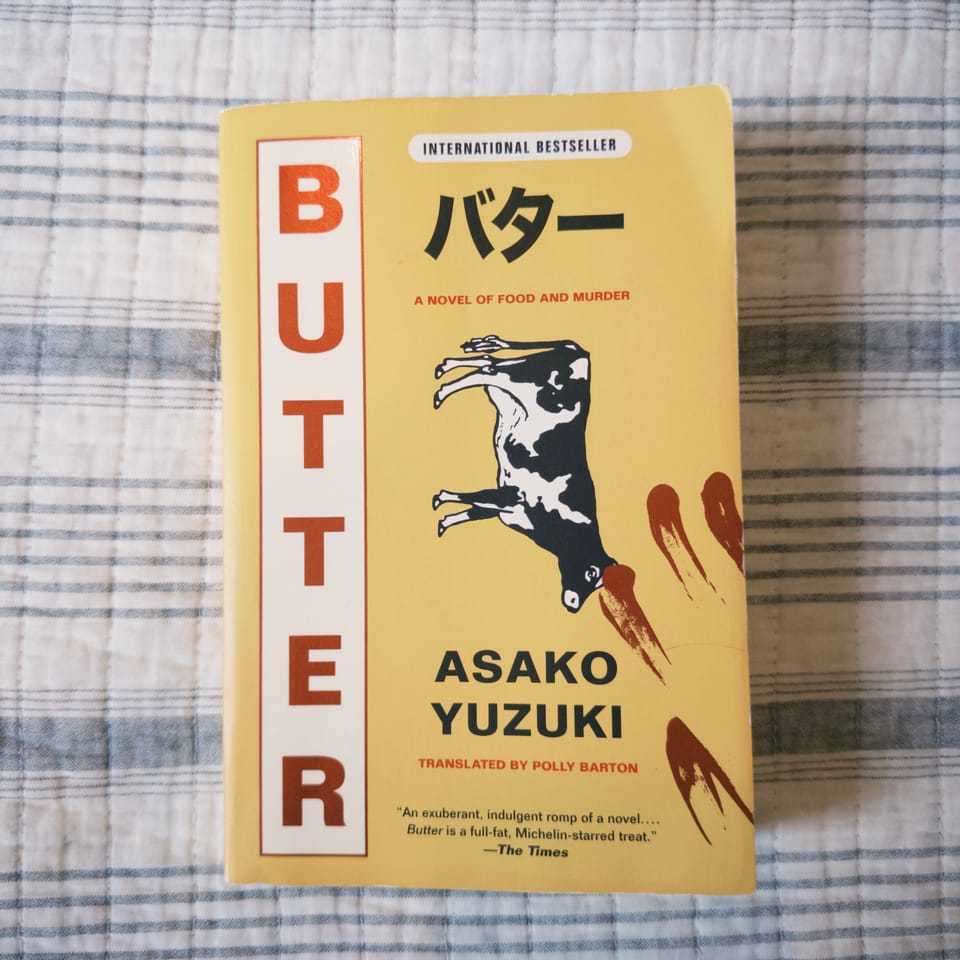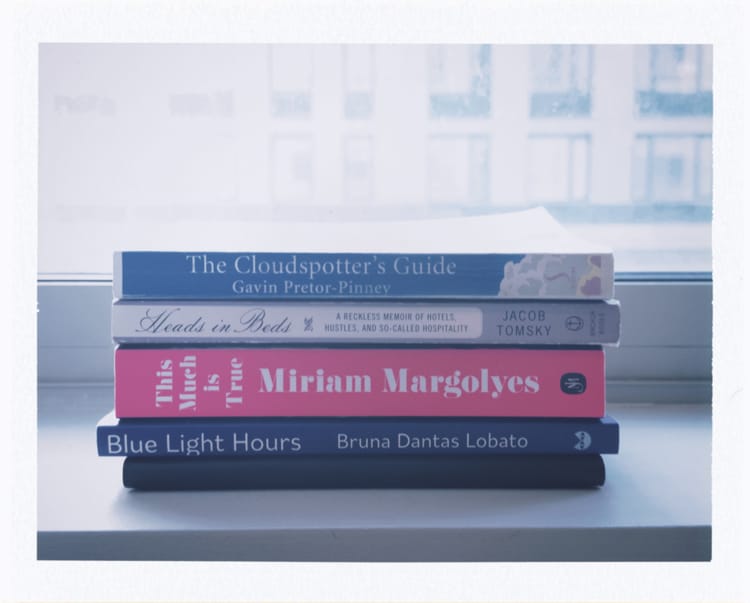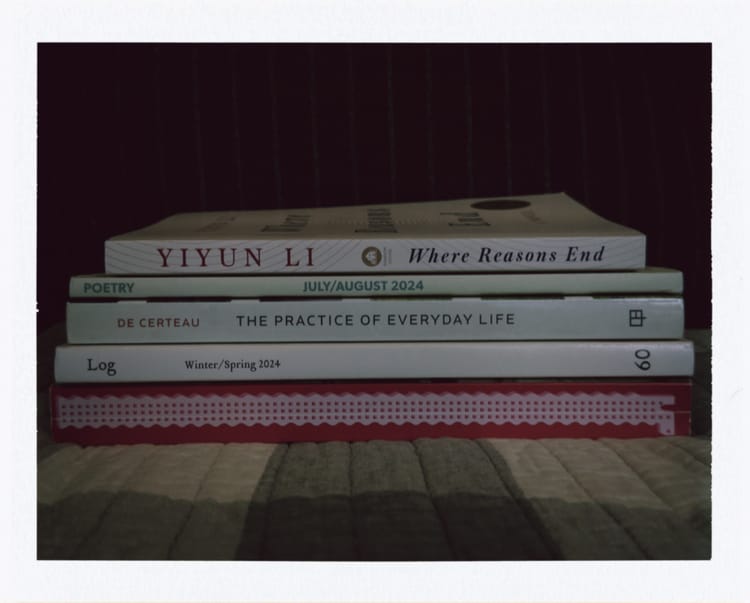Butter by Asako Yuzuki (Translated by Polly Barton)

I picked up this book because my friend wanted to do a read-along with me. I saw the subtitle of the book -
A Novel of Food and Murder - and agreed right away. Food and murder - sounds right up my alley. So I broke my book no buy and bought this book during my trip.
There are times in life when this sort of instant food tastes better. The kind of eating where absorbing the feelings of the person who's made the food can use up energy. Everyone needs some distance sometimes - from tasty things as well as anything else.
It didn't fully satisfy my taste buds, so to speak. The story revolves around a journalist trying to form a relationship with a serial murderer to score an exclusive interview. The mistake I made was to think this would be a thrilling story. I expected it to be Everyone in My Family Has Killed Someone. Even though it's a story with a serial killer in it, it's almost more like a book about the Japanese culture around body image and gender roles. The food recipes and murders are just there to bring out those themes. That is not to say I didn't enjoy reading the book. I just got a very mild dish when I expected a bomb spicy stir fry.
The points the author brings up are not unimportant, but a bit banal, at least to me. It might be because I read Disgust Against Women by Chizuko Ueno last year. Since the book didn't really delve into the murder story, it could have delved more into misogyny, in my opinion.
However beautiful she became, however well she did at work, even if she got married and had children, society didn't let women off that easily. The standards were getting higher, and assessments harsher. The only way to be free of it - however scary and anxiety-inducing it was, however much you kept on looking back to check whether or not people were laughing at you was to learn to accept yourself.
I enjoy reading the part about Rika and her friends/colleagues living and working together in Shinoi's apartment. The communal living situation has provided her with a sense of connection and intimacy that was so helpful in healing and rebuilding herself. It reminded me of the Goal House Brooklyn Townhome, which I think is very cool. I love that by the end of the book, Rika decided to provide a similar space for others - a space to connect, heal, and grow.
[...] It's because people are increasingly worried about making mistakes, and losing faith in their own judgement - they don't know what "a good amount" looks like for them. When in fact, cooking is all about trial and error.
At the end, after all the trial and error, Rika started reclaiming her agency. She cooked turkey and invited her friends over. Even though the book is not as buttery as I hoped it would be, I'm still very happy for Rika. (Though I'm really not a fan of turkey.)


Comments ()